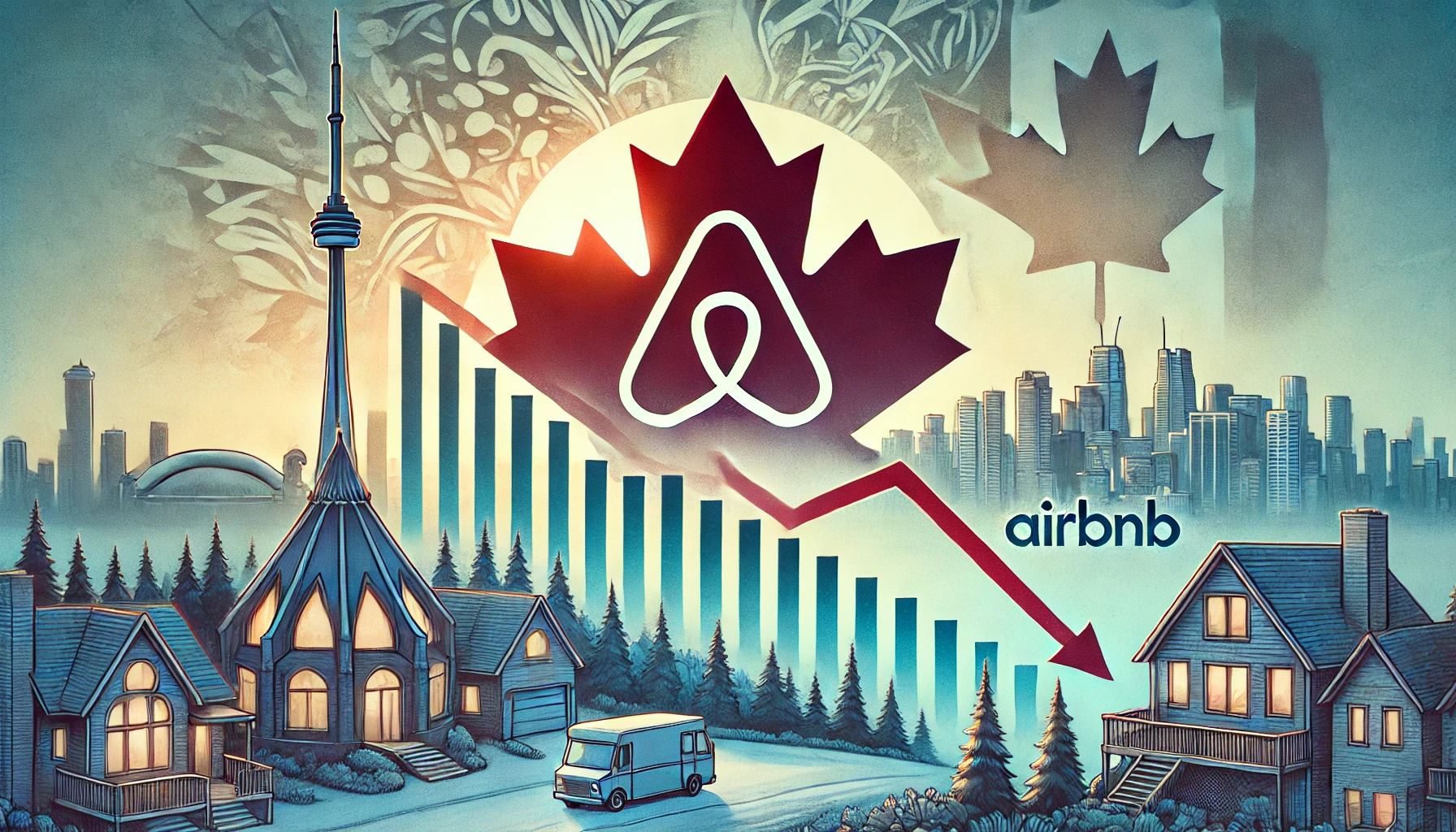A recent ruling by the Tax Court of Canada could affect homeowners who regularly rent out their properties on platforms like Airbnb. If you consistently offer short-term rentals, you might now have to pay a 13% Harmonized Sales Tax (HST) on the total sale price of your property when you decide to sell it. This decision is significant because the Canadian Revenue Agency (CRA) can apply this tax to similar situations.
Usually, selling a residential property is exempt from HST. However, the court found that an Ottawa condo, rented out through Airbnb for short-term stays, was subject to the tax. The owner had leased the unit on long-term agreements (over 60 days) for nine years. Then, for 14 months before selling, they switched to short-term rentals. After the sale, the CRA reclassified the property as a commercial asset instead of a residential one, which meant the HST applied.
This affects all types of properties—condos, townhomes, single-family homes—if they’re consistently used for short-term rentals. When you rent out your property temporarily and provide amenities and utilities (much like a hotel), it’s considered commercial use. But don’t worry if you only rent out your place occasionally; the CRA has clarified that infrequent rentals, like the odd weekend stay, aren’t subject to this tax.
In cities like Toronto, a short-term rental is defined as a stay under 28 consecutive days. This ruling is a good reminder, especially if you’re not familiar with how HST applies to vacation properties. Legal experts point out that this case shows the CRA is keen on addressing potential tax losses in real estate deals, as seen with recent taxes on capital gains and assignment sales.
There’s also a “90% rental threshold” that plays a role in whether HST applies. For instance, if your property is rented out for short-term stays 89% of the time and long-term for the remaining 11%, you might not have to pay the tax. However, this rule isn’t clearly defined yet and might be explained further in future cases.


